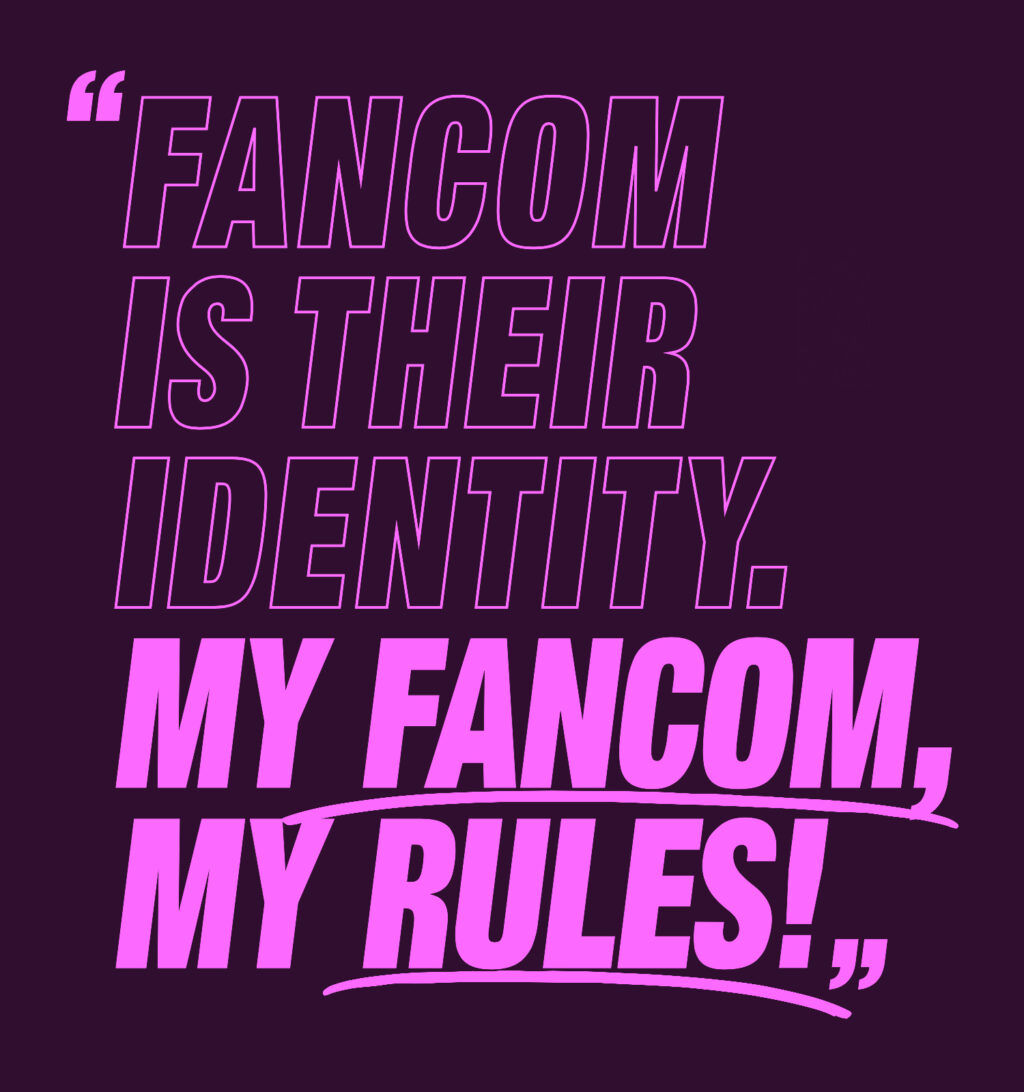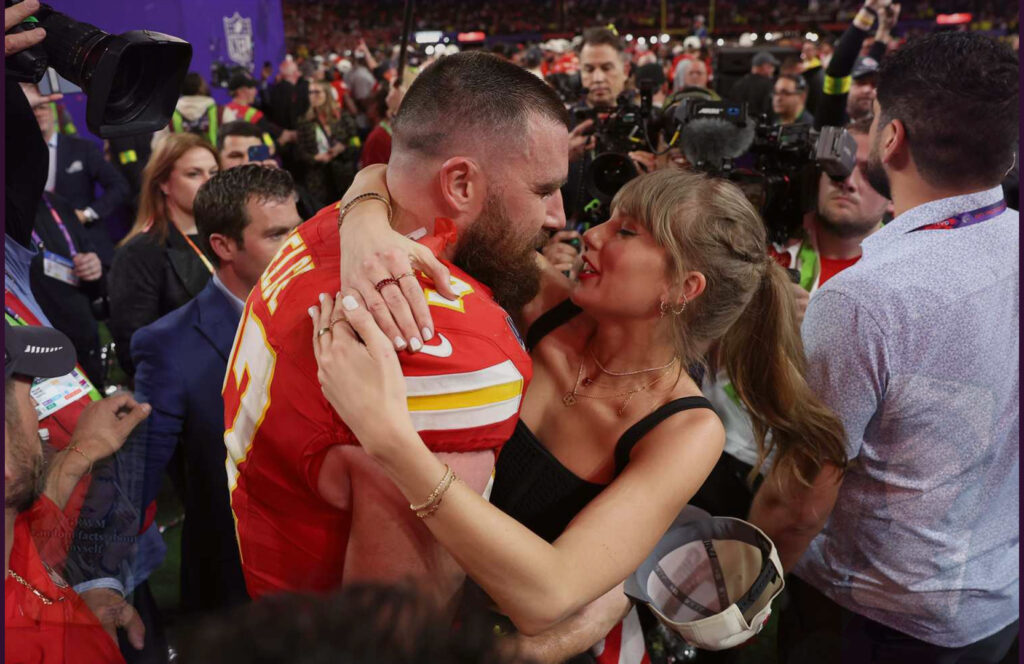S&E London: No More Tick-Box Tactics
By Bukola Garry, Head of Cultural Impact
Jan, 2024The last 20 years has seen brands miss out on a huge segment of fans.
Labelled as ‘underrepresented’, this intersectional segment of fans is, in fact, THE most influential in defining culture.
It represents a multitude of identities responsible for some of the most influential subculture movements in history, that today stand as global phenomena across multiple passions.
For example, the emergence of Ballroom Culture is one of the most significant platforms of resistance and expression within the queer community impacting music, fashion, sports and entertainment. Ball is responsible for cultural mega-moments such as the 2019 Met Gala ‘Camp Notes on Fashion’ and 2023 Renaissance Tour landscape, as well as the rise of influencers such as Omari Mizrahi, Dashaun Wesley Basquiat and Leiomy Maldonado.
These powerhouse fans are constantly carving out new methods of exploration, driving innovation across the passions space and becoming points of inspiration for the artists, athletes, and celebrities they love.
However, their value is hidden by homogenous mass-audience targeting and the word…fandom. Inherently un-inclusive, with inflexible structures, entry points and rules that limit who and how fans engage with the things they love.
If brands want to drive commercial value, be future proof, and speak to the present state of play, they need to understand Fancom – communities of expectant fans, unapologetic in their self-expression, and together, indulging in their multifaceted-ness.
That’s where we step in.
Of course, there are always the exceptions with some brands already showing their proactive prowess by capturing the hearts, minds, and pounds of the most niche and nuanced fans. And luckily, the ‘some’ are brands we get to work with.
To name drop a few…
Absolut – We centred queerness and the individual expressions of a community and those adjacent to it to tell one singular and powerful message- we’re ‘Born to Mix’. It would have been easy to make this solely about casting, but instead we made the process about community, valuing the integrity and direction of queer artists across the entirety of the campaign process. This resulted in a story that resonated to the masses and made a dent in culture (oh, and won some awards).
Ballantine’s – The re-emergence from the pandemic surfaced a level of discrimination on dancefloors like never before. Safety for marginalised people was at risk. Ballantine’s leaned on their legacy of representing local music cultures and commissioned ‘Resetting the Dancefloor’, a report that gave voice to those impacted to empower and fund them to find solutions. They didn’t build a campaign around intention, they opted for action, and it paid off.
This is what we call a humble brag.
BUT, we can always do better.
The new state of fans is an empowered one. They no longer play by the unequitable rules set by past fandoms. They don’t and won’t settle for secondary, after thought, tier-two experiences. Afterall, we’re not talking about hobbies (a dirty word for any true fan), we’re talking about passions. How do I love thee, let me count the ways!
Fancom is a signifier of who they are as much as what they love. Fancom is their identity. My Fancom, my rules!
You get it.
Campaigns that reflect Fancom demand more inclusive and intersectional thinking. It means asking more questions to more people about more things. It means shifting away from fixed sets of demographics and mining for more personalised, niche insights that prevent unnecessary caricatures of who we think diverse fans are. Because we know who they actually are – the bias blinkers are off.
Fancoms are faithful, but unforgiving, so getting it wrong isn’t really an option. Brands can’t afford to be tentative in their approach.
We see our role as to partner with brands to maximise the opportunities within fan communities and ensure the work we do together is credible.

S&E London: The Swiftification of the Super Bowl
Toan Ravenscroft | Jan 25, 2024

